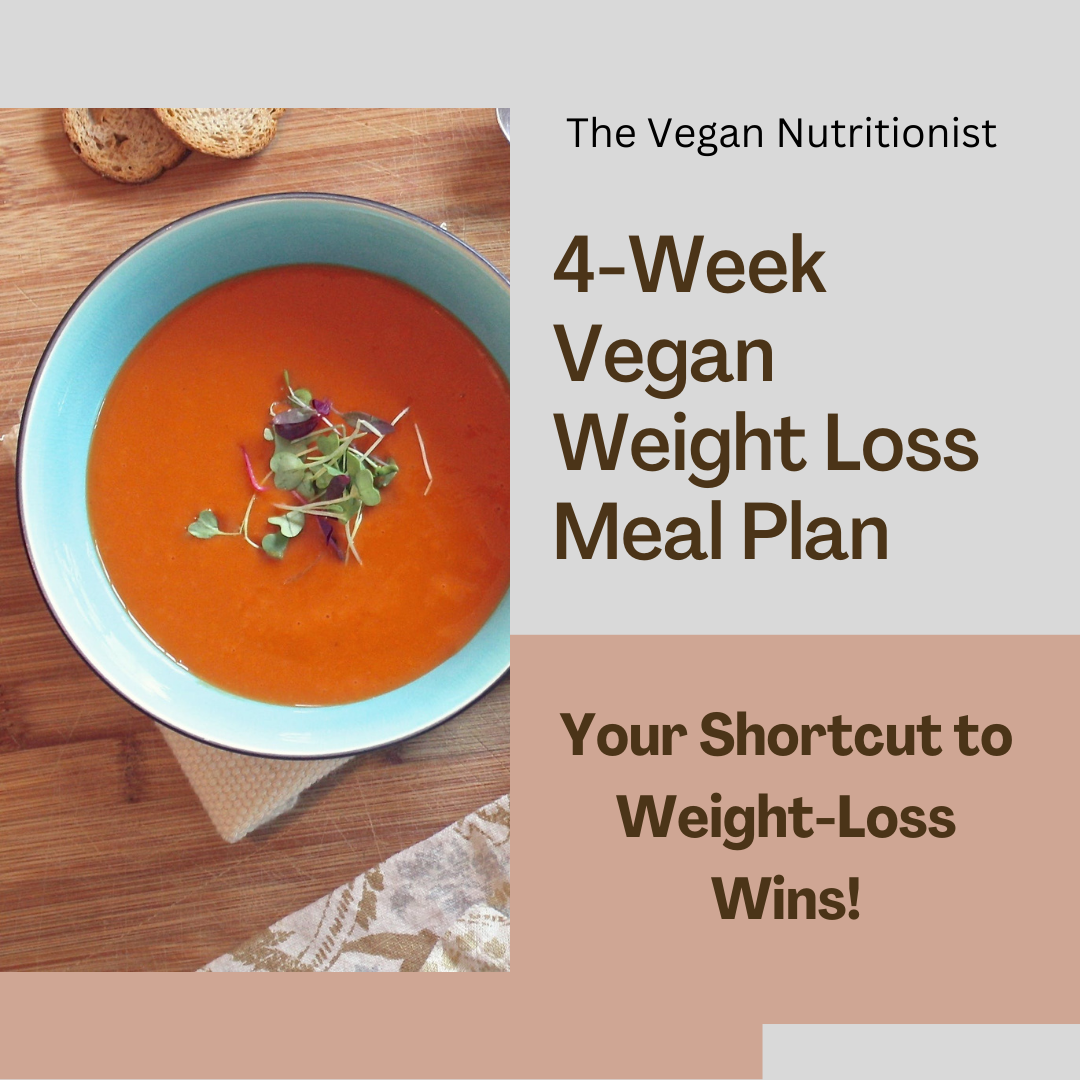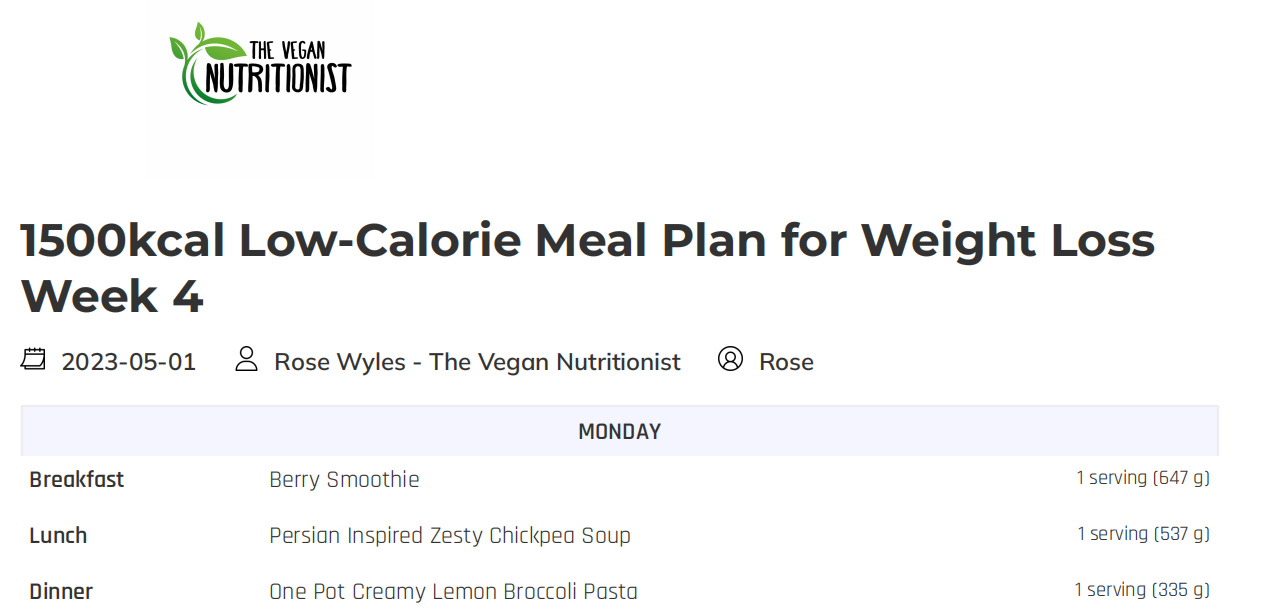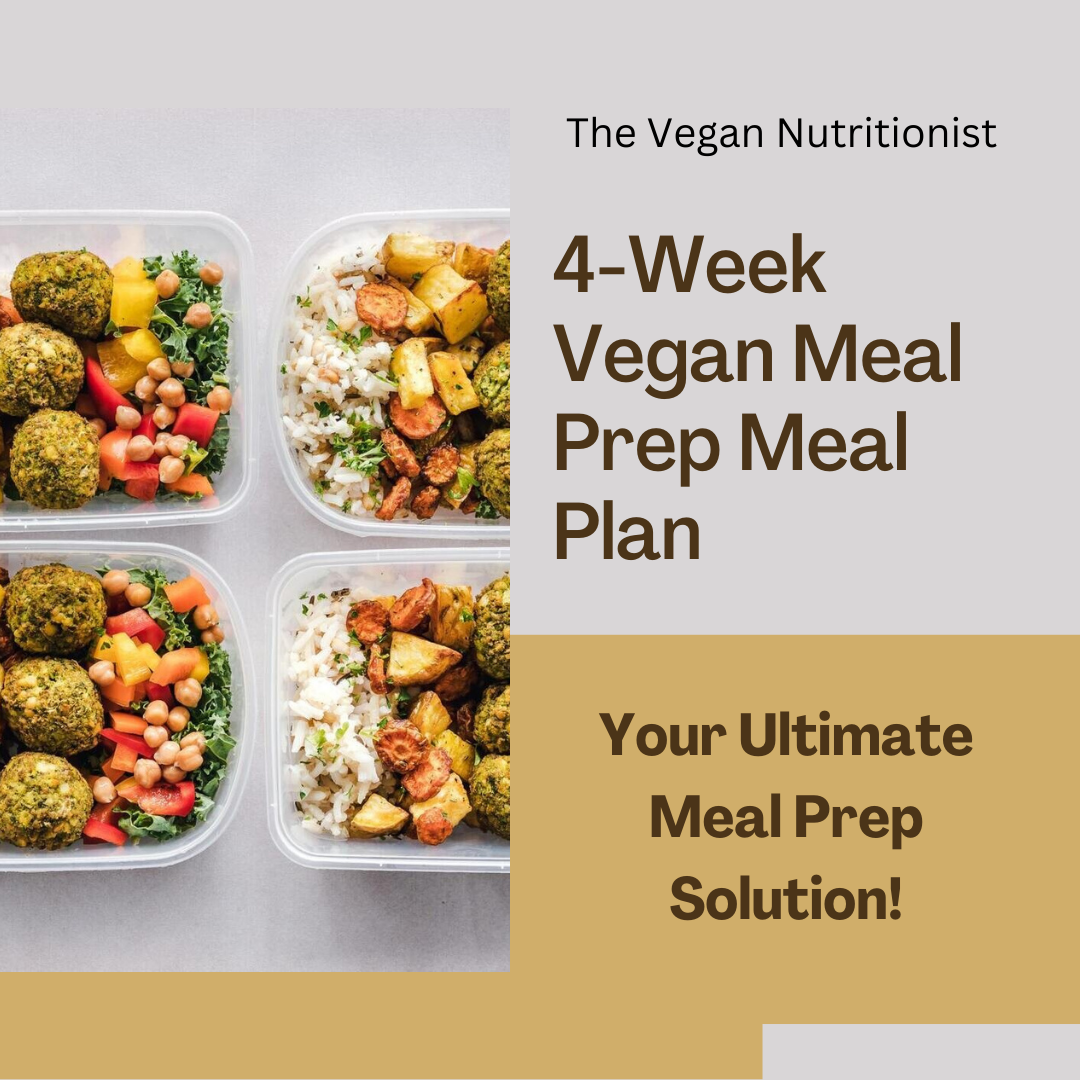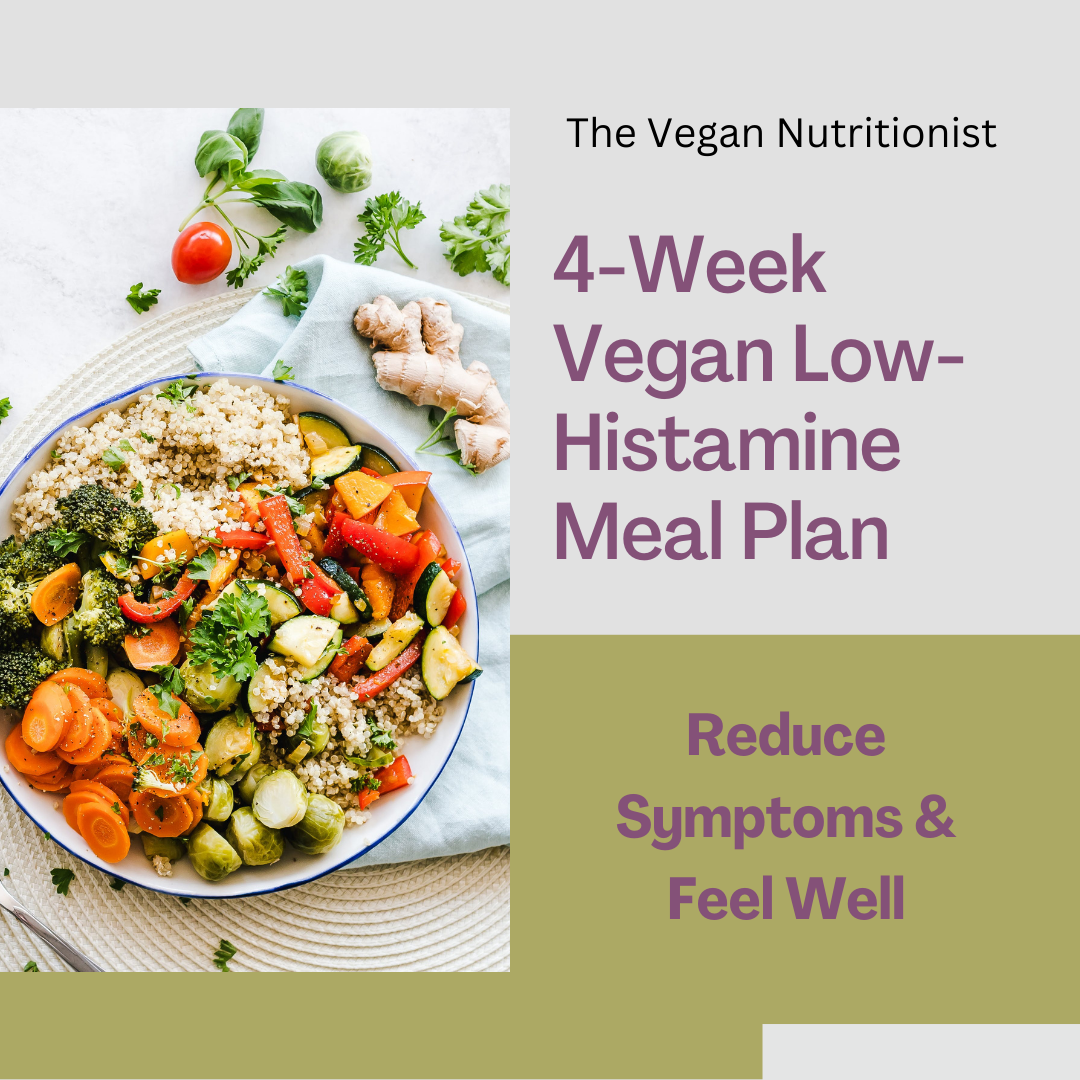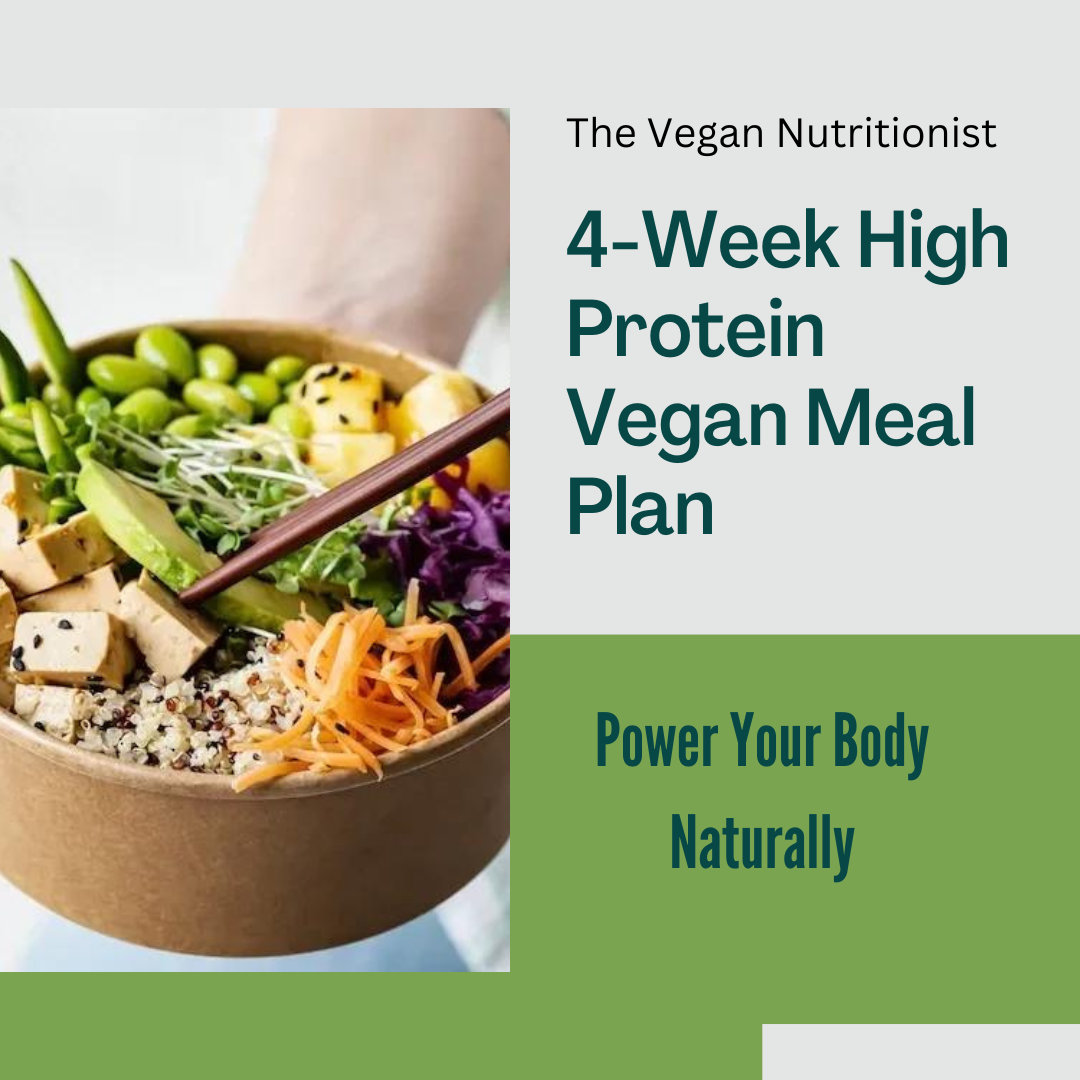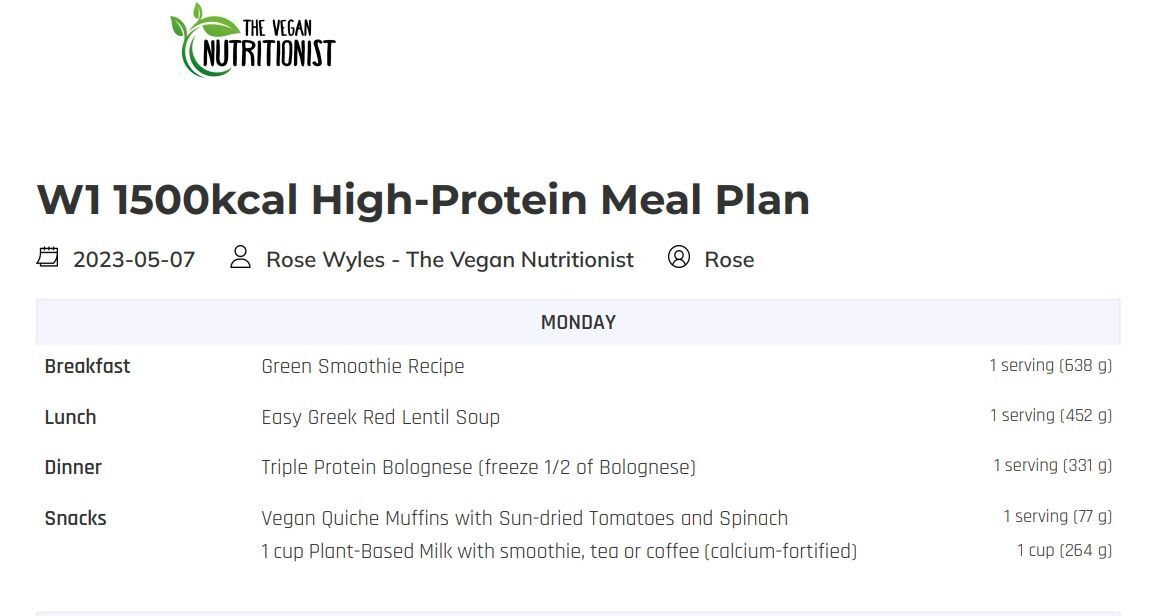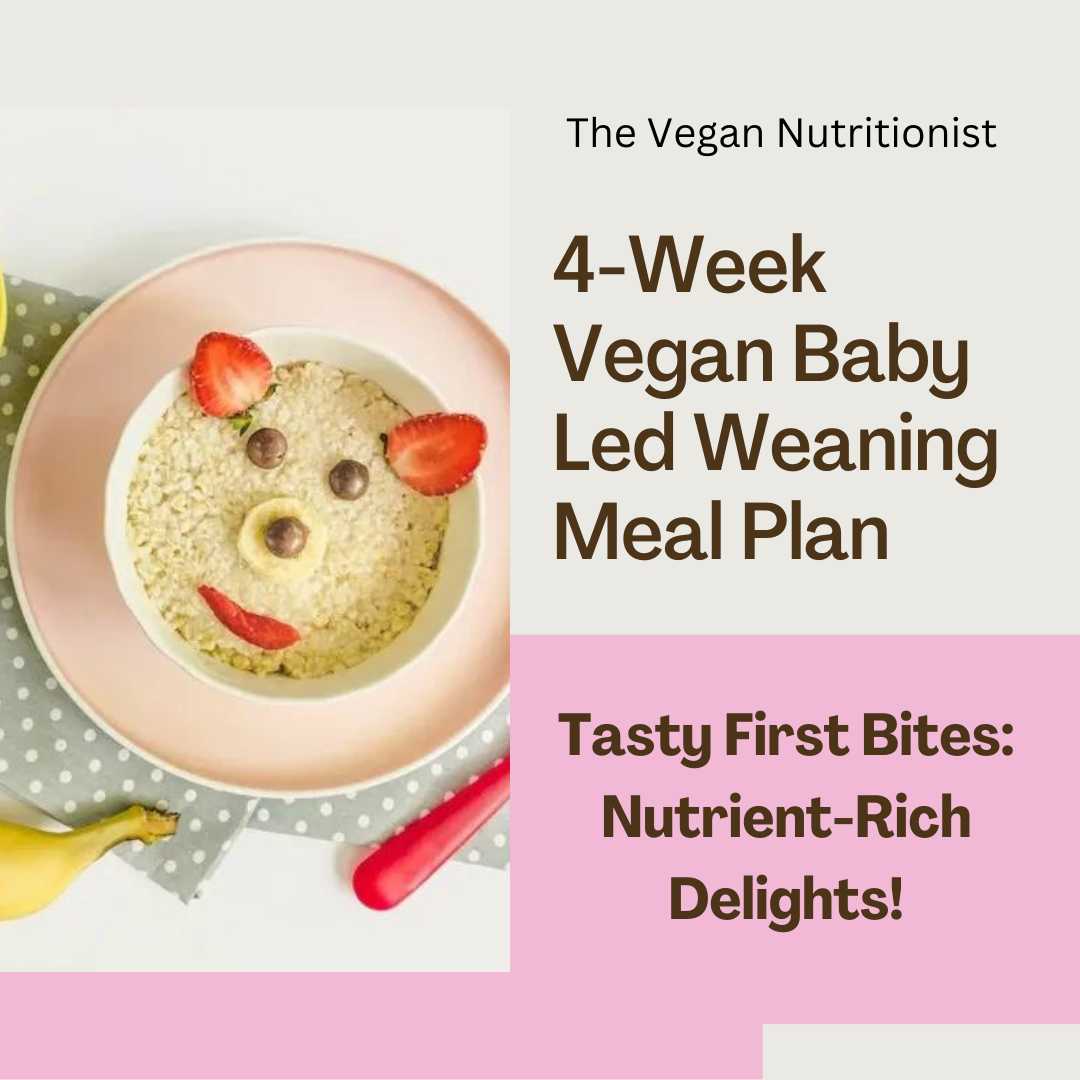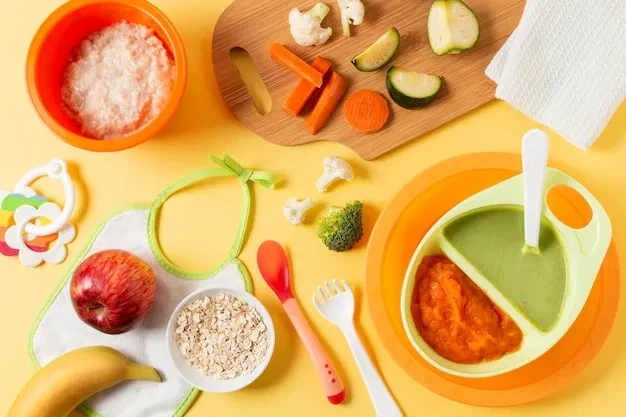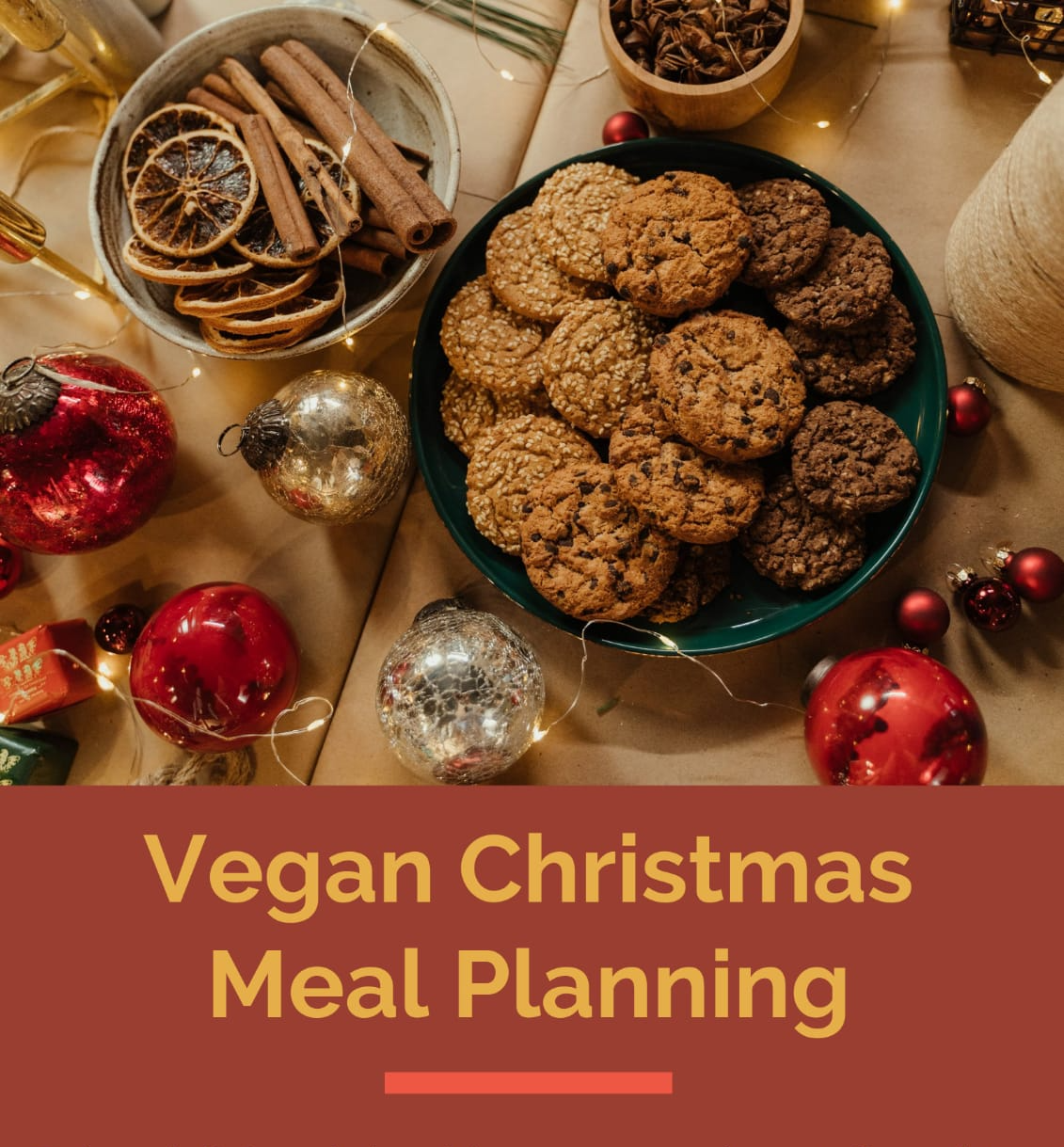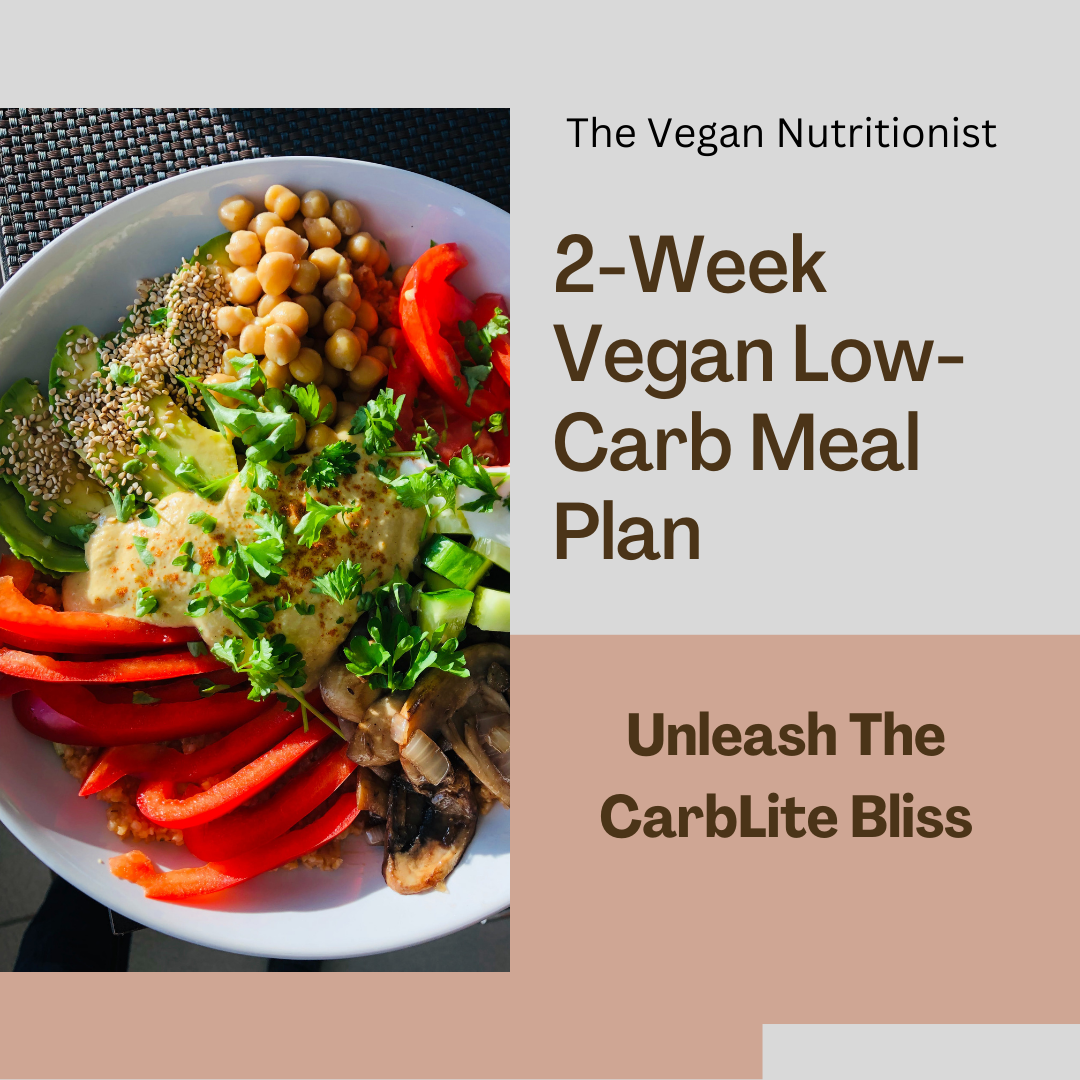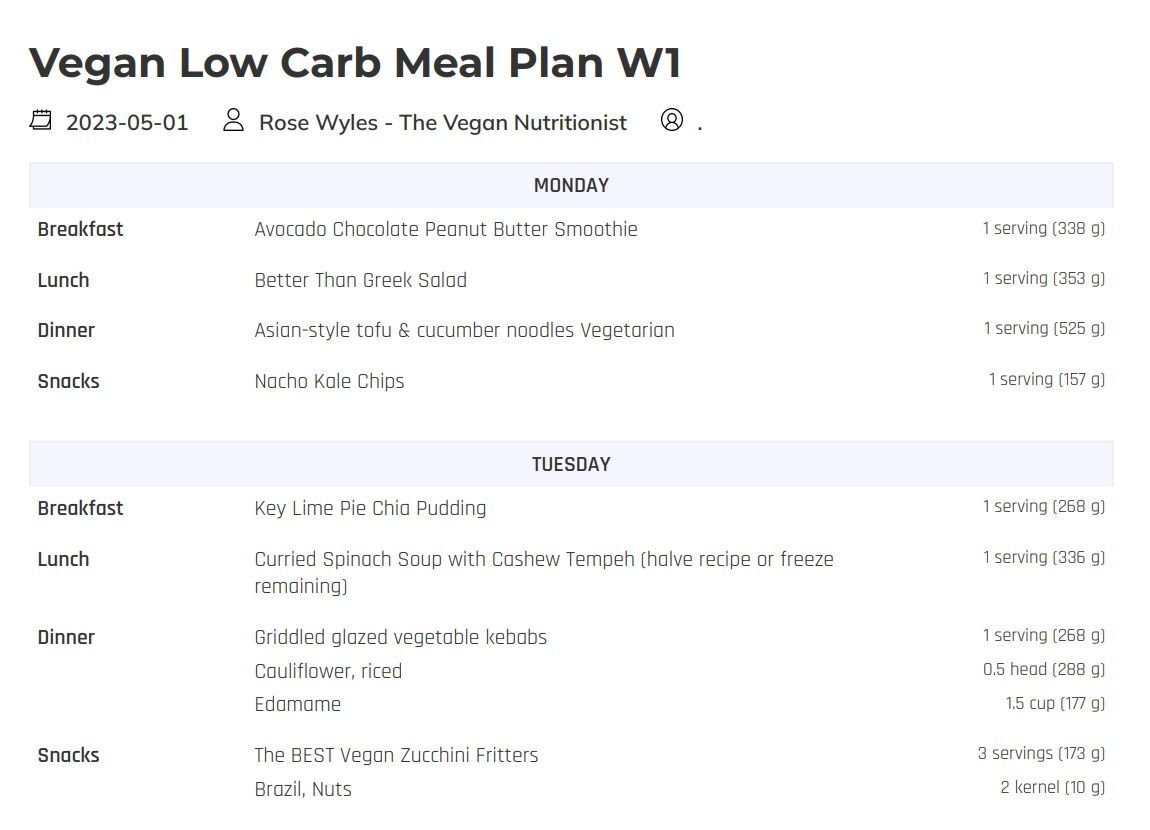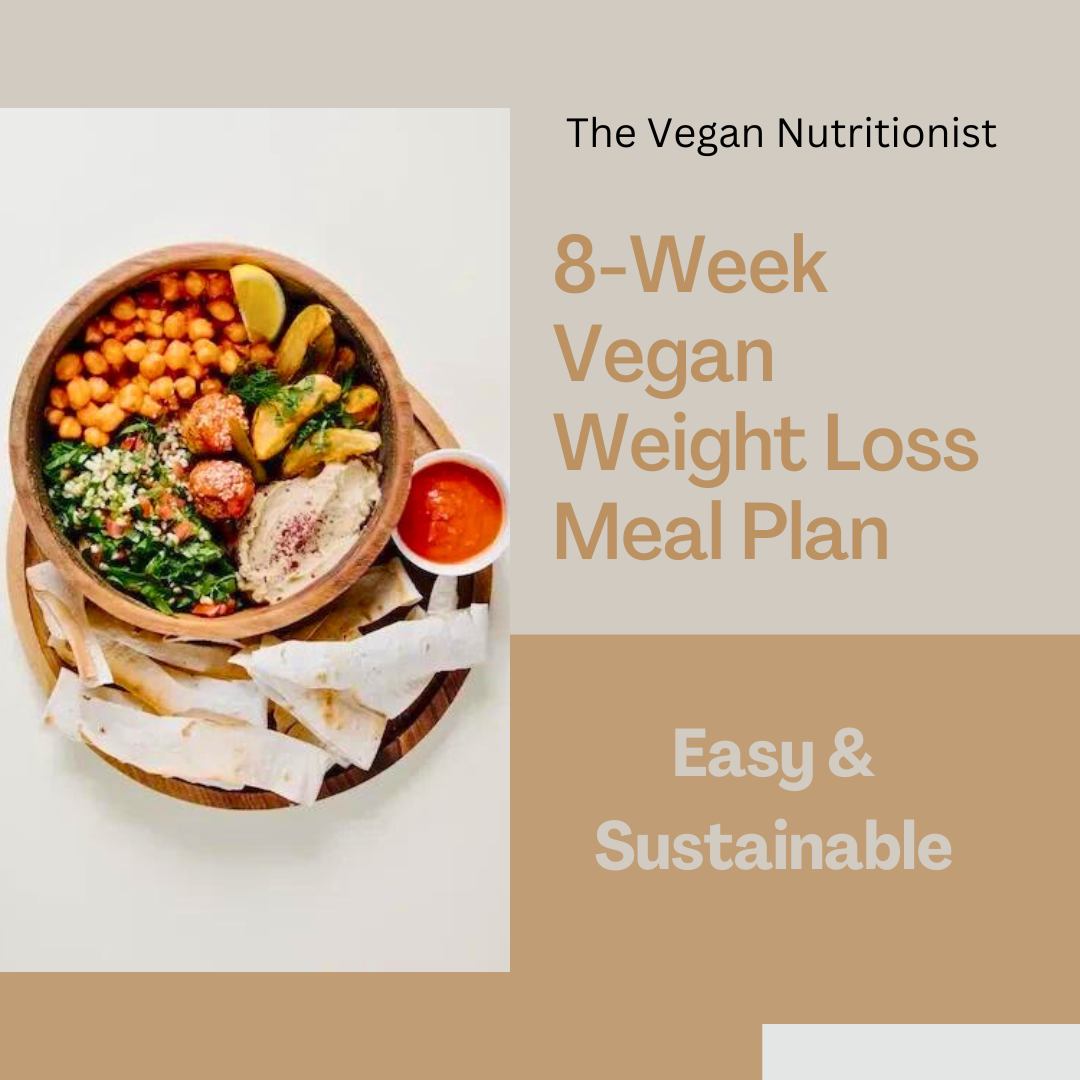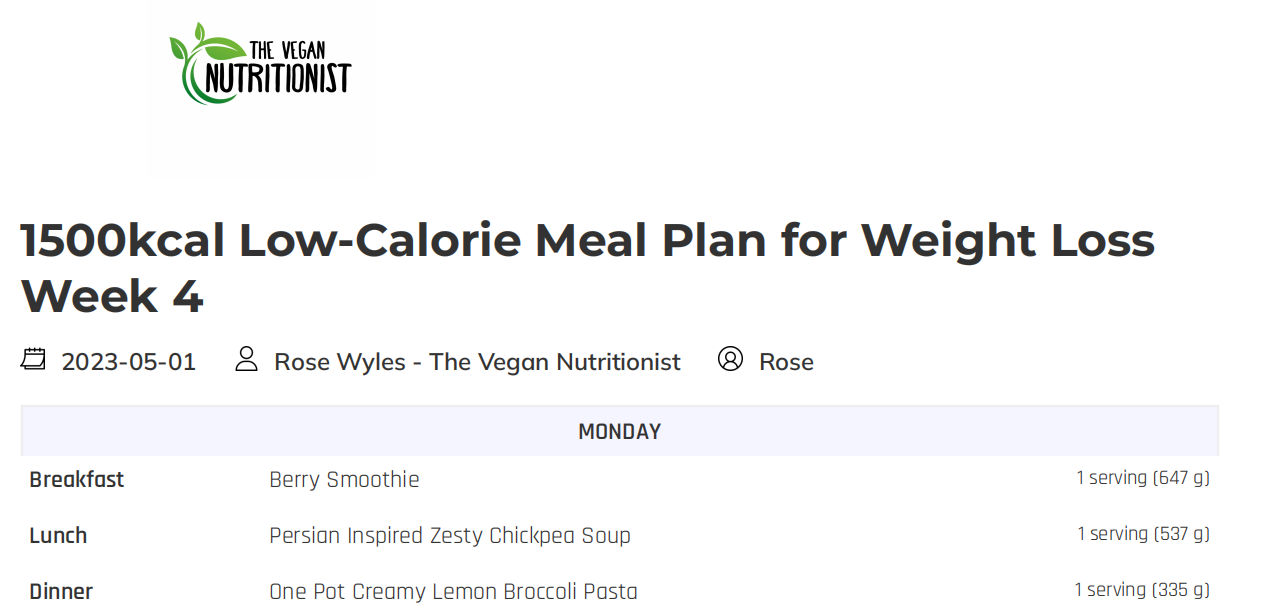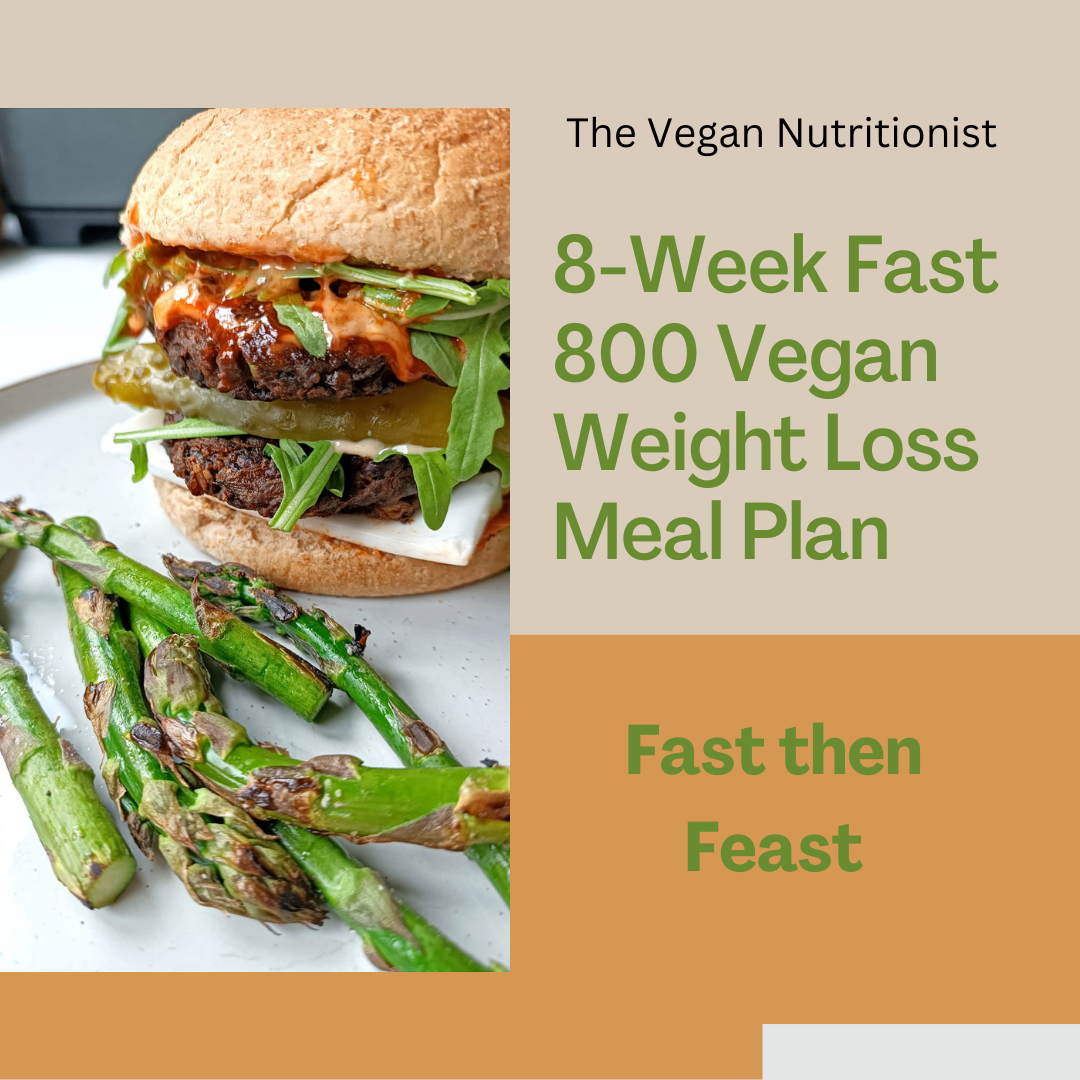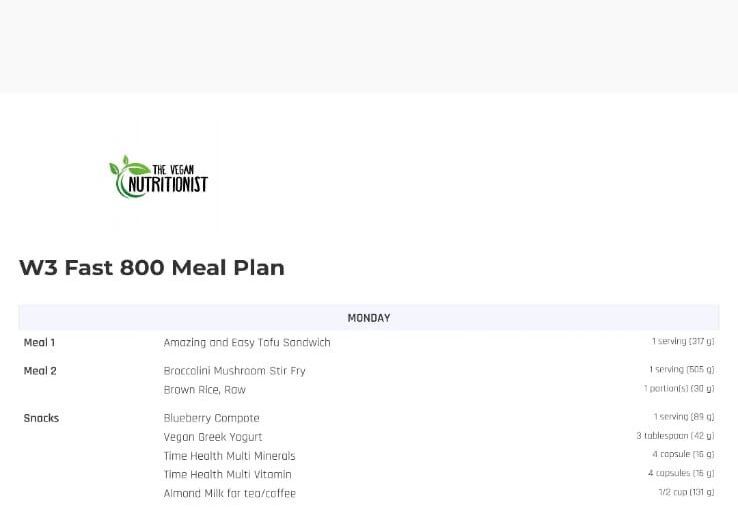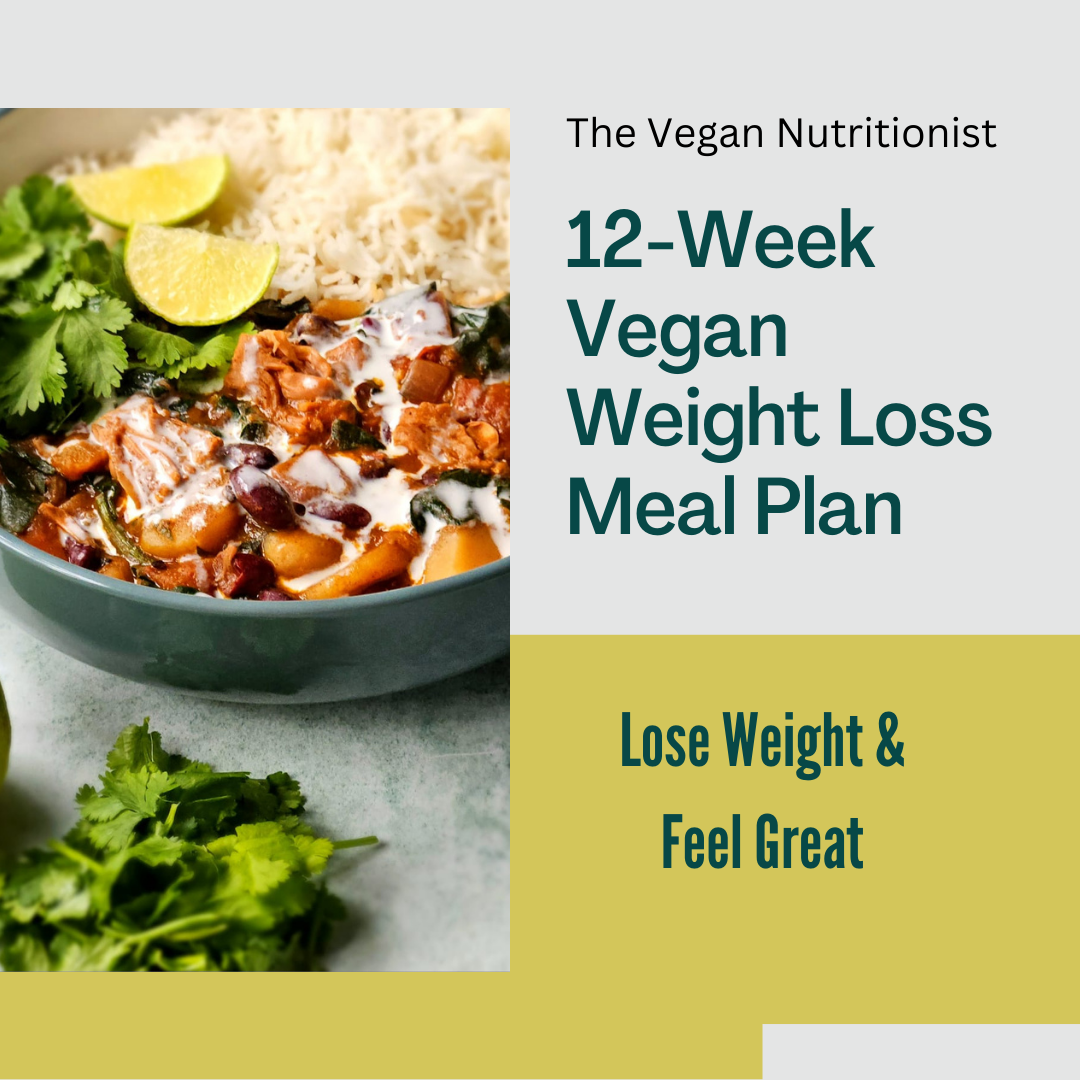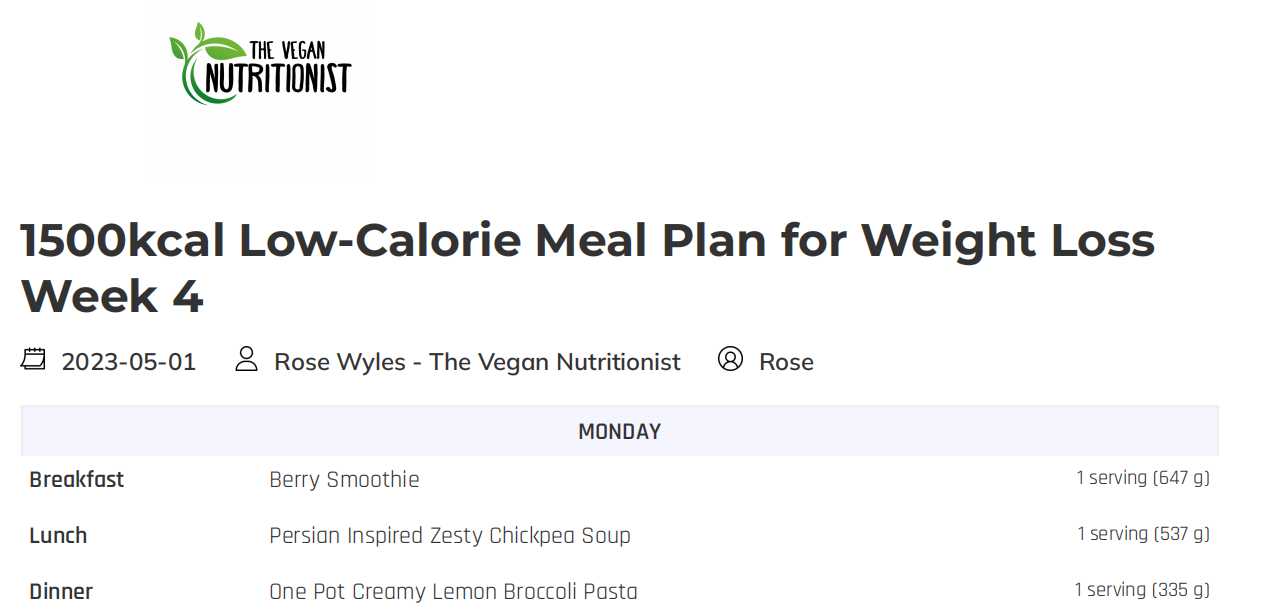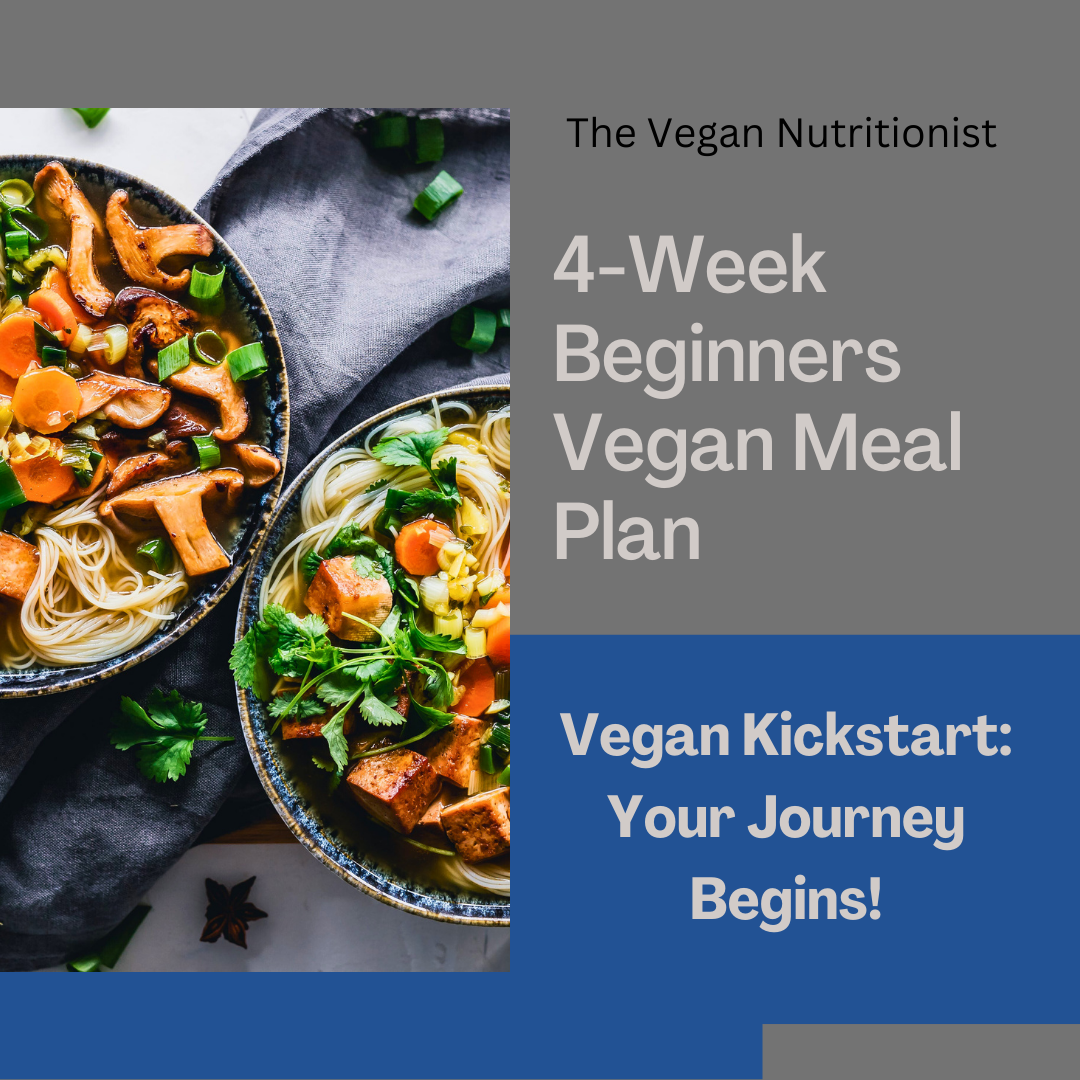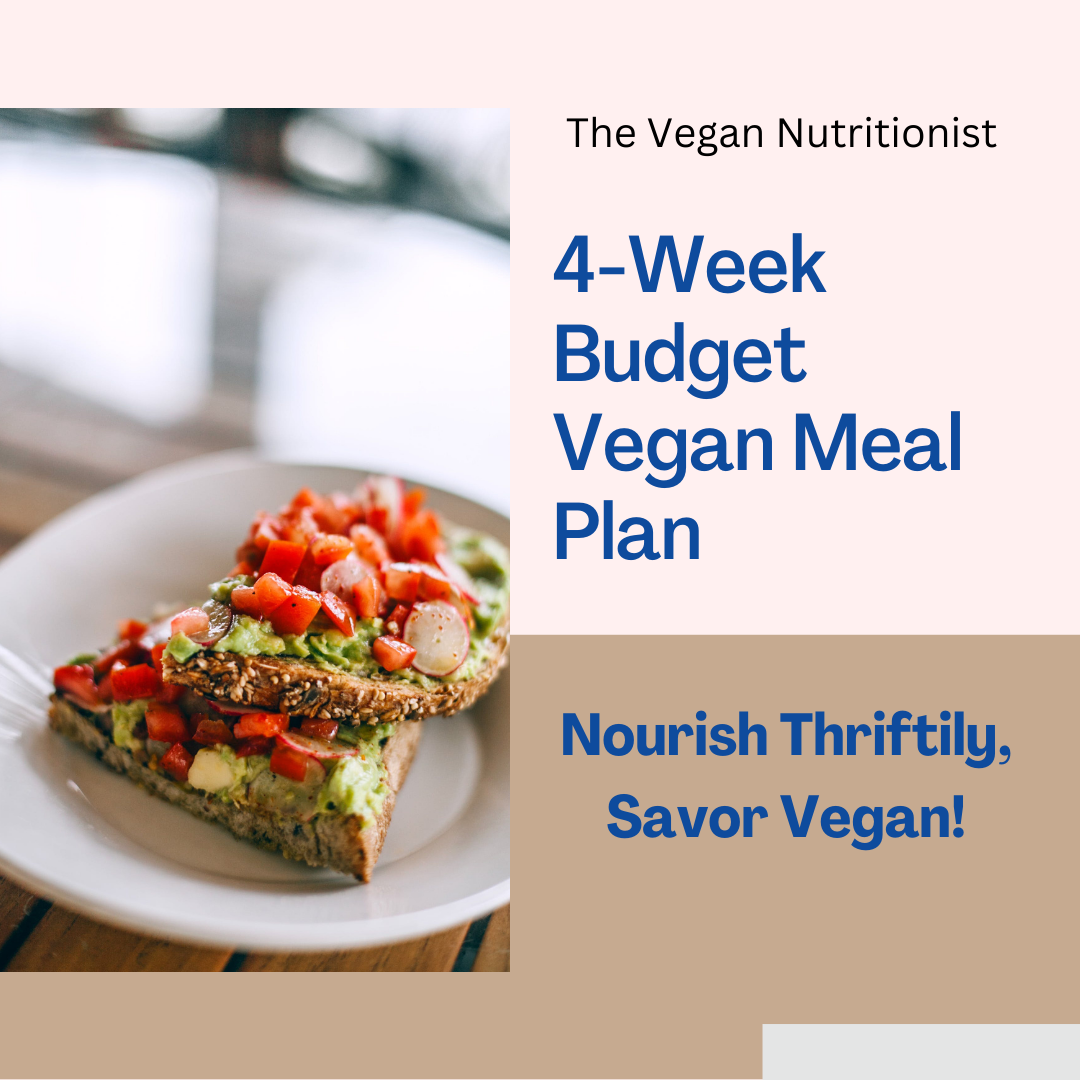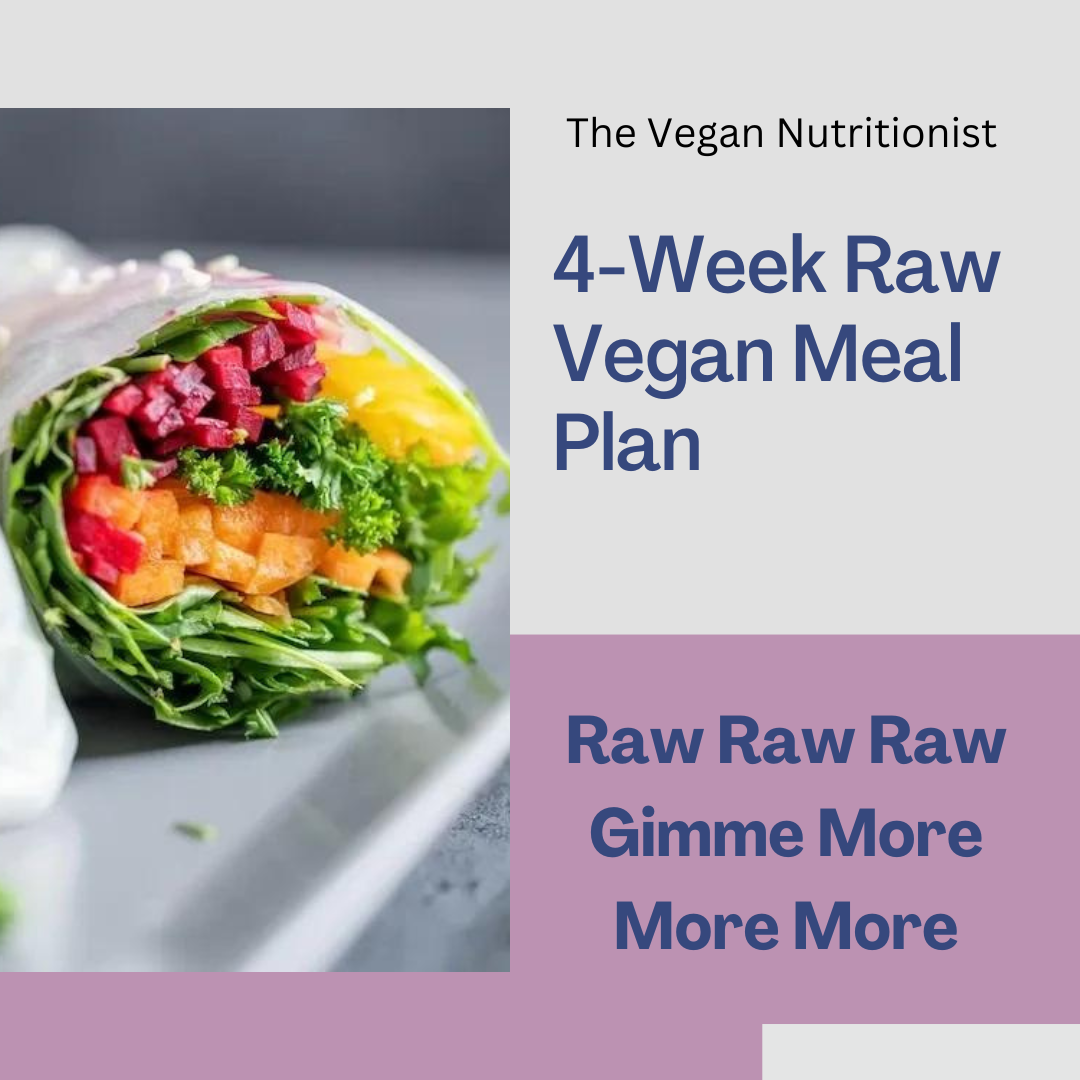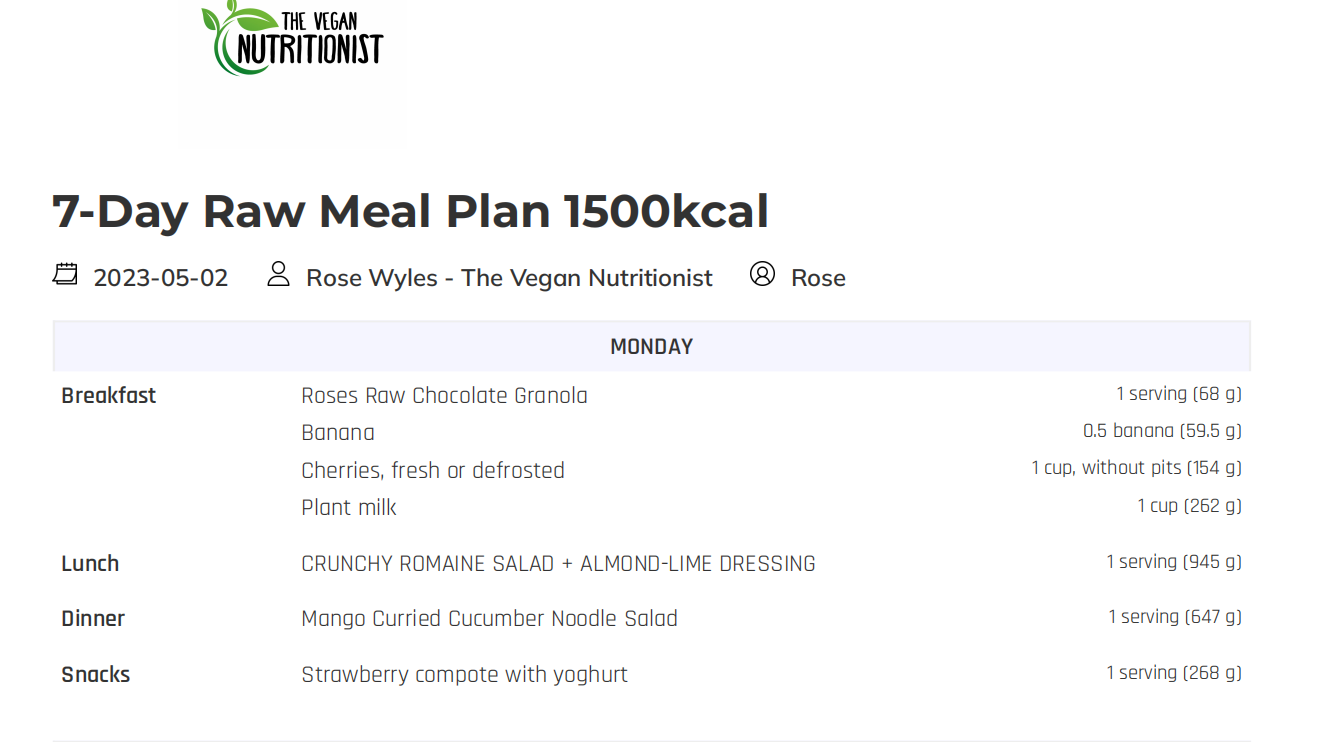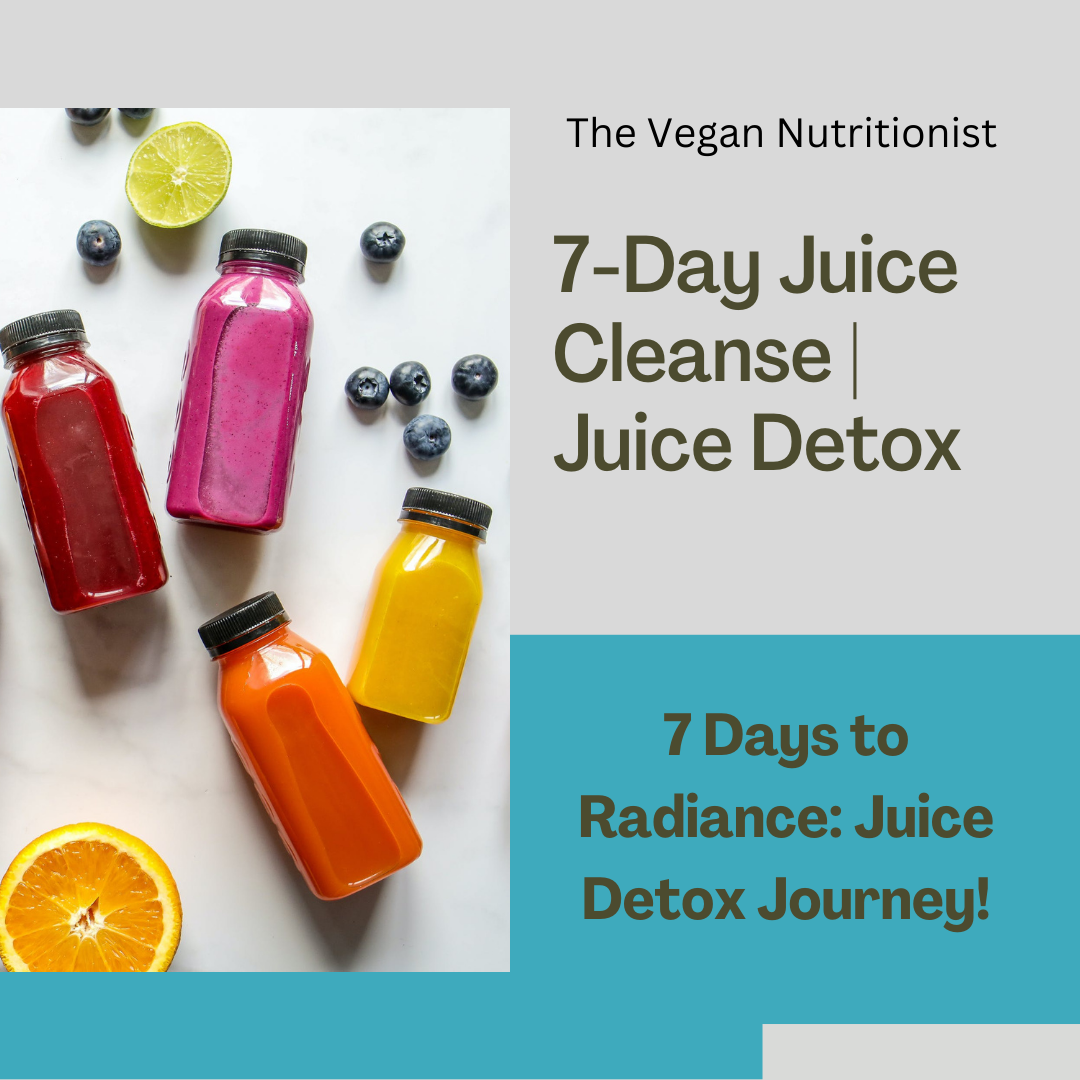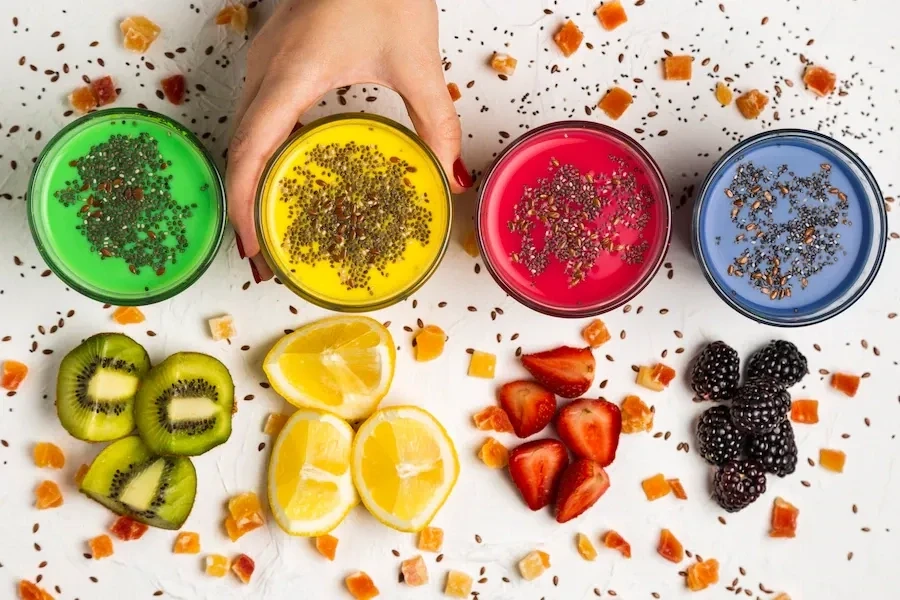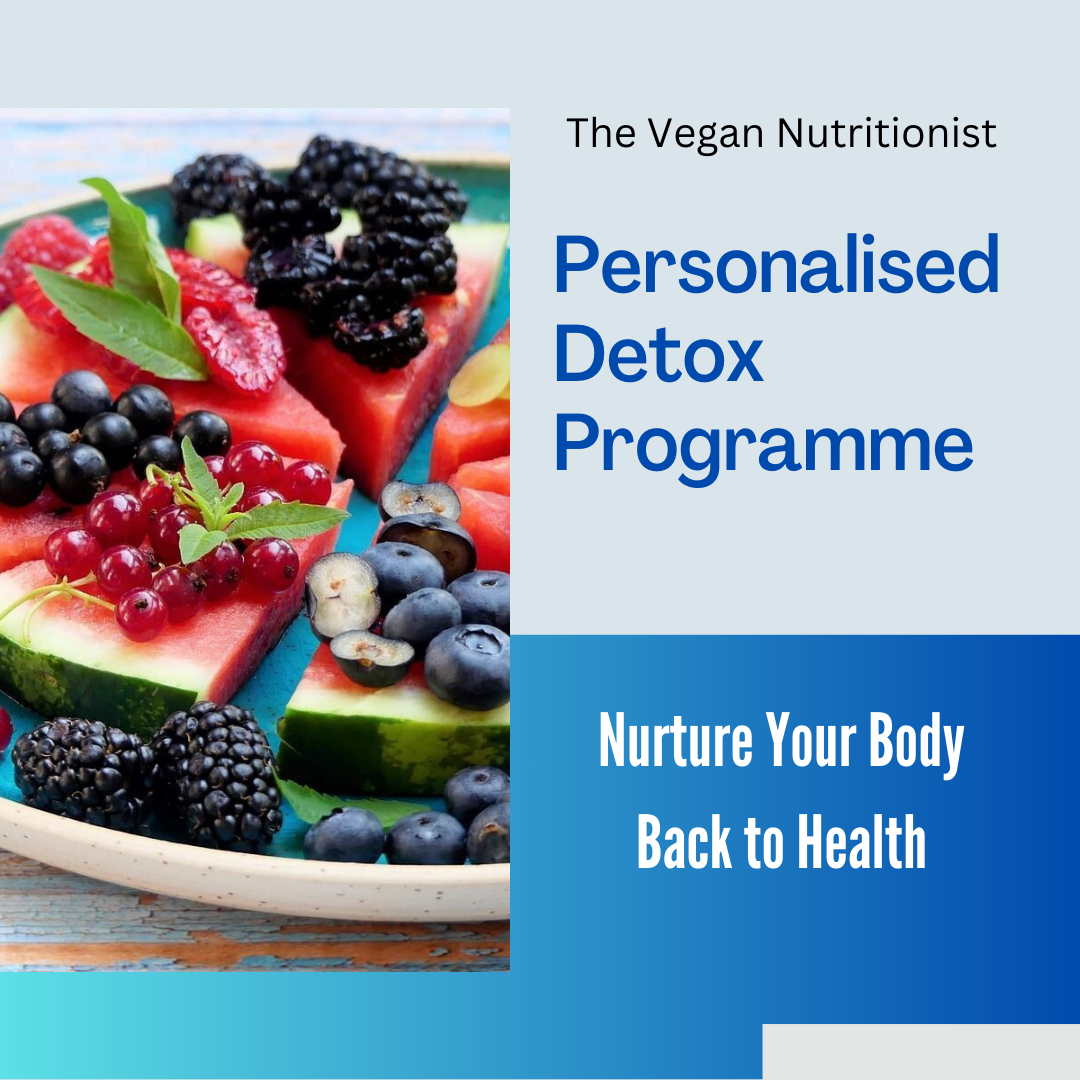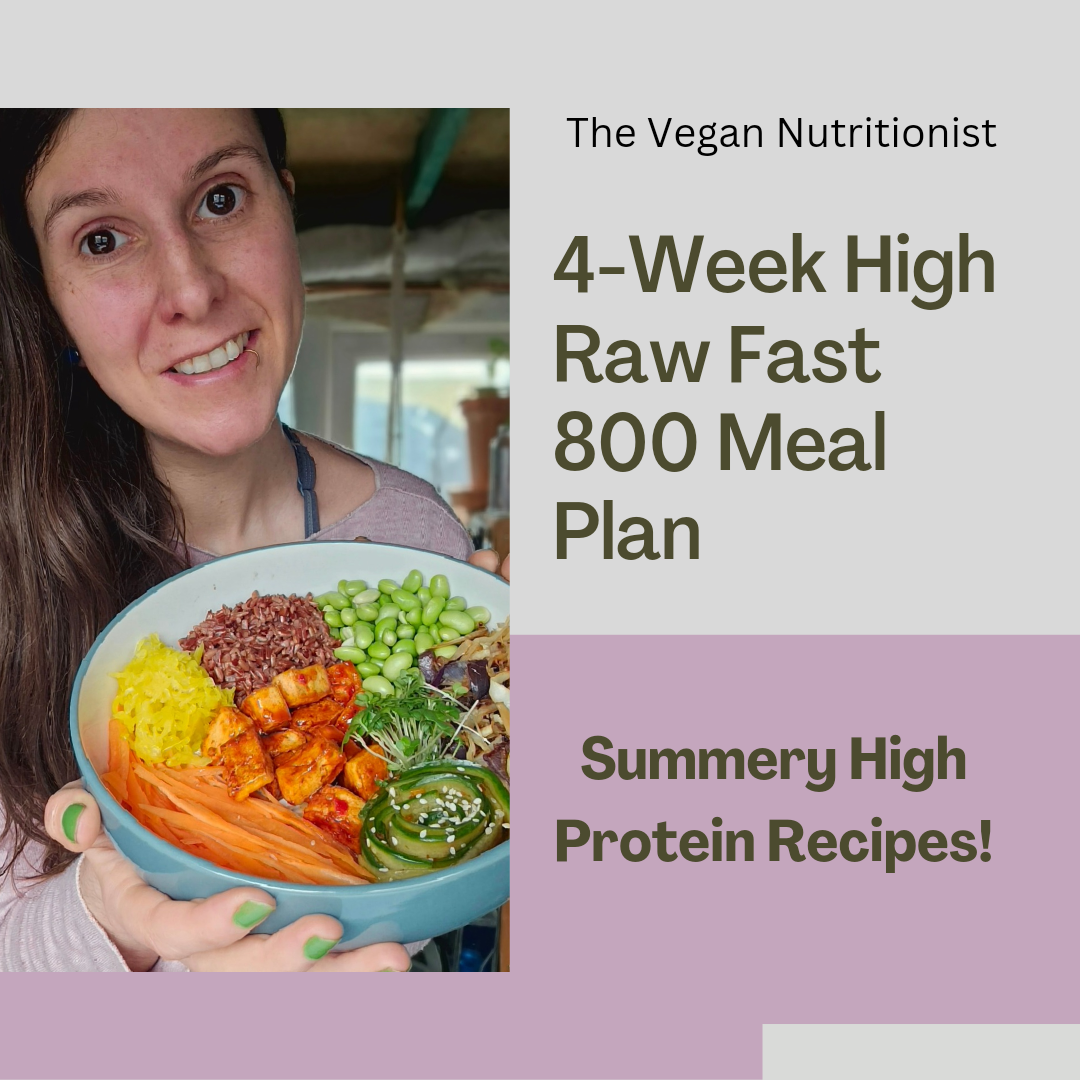Where do Vegans get Omega-3?
Omega-3 fatty acids are essential for vegans and people who do not consume animal products, but where exactly do vegans get omega-3? Did you know that some of the best sources of omega-3 fatty acids are found in plant-based foods?
In this article, you'll learn about the top plant-based sources of omega-3 and tips on how to incorporate them into your diet.
This article contains affiliate links. I may gain commission if you decide to make a purchase through any of my links or promo codes.
What is Omega-3?
Omega-3 fatty acids are a type of polyunsaturated fat found in plant and animal sources.
There are three main types of omega-3 fatty acids:
- Alpha-linolenic acid (ALA)
- Eicosapentaenoic acid (EPA)
- Docosahexaenoic acid (DHA)
However, our bodies do not naturally produce EPA and DHA, so we must obtain them from diet or supplements.
ALA is found in plants and algae and can be converted into EPA and DHA by the human body.
Why is Omega-3 important?
Omega-3 fatty acids are essential for human health and well-being. They reduce inflammation, improve heart health, and support cognitive function.
Omega-3s have anti-inflammatory properties that may benefit people with inflammatory diseases such as arthritis, asthma, diabetes, and heart disease. They may also help to reduce symptoms of depression.
Omega-3s may help maintain healthy cholesterol levels and prevent the development of abnormal heart rhythms.
They may also reduce the risk of Alzheimer's disease and other neurological disorders. Evidence shows that people who eat a diet high in omega-3s are less likely to develop allergies.
The human body cannot produce its omega-3 fatty acids and therefore relies on dietary sources to obtain them.

What is a Vegan Diet?
A vegan diet (also called a Plant-Based Diet) is a lifestyle that excludes all kinds of animal foods such as meat, fish, eggs, milk, and dairy products from the diet of human beings.
A vegan diet is suitable for human health as it contains only nutritious plant products. A whole food plant-based diet is better still as it does not have any processed foods containing preservatives or additives, which can affect the body and mind.
Vegans also promote environmental sustainability as they try to avoid destroying the environment by using industrial and agricultural practices for food & agriculture production purposes which include the production of beef and milk, etc.
What is Vegan Omega-3?
Vegan omega-3 refers to dietary fat sourced from plant-based food sources like algae, seaweed, oils, nuts, and seeds and does not contain animal products such as meat, fish, eggs, and dairy. Because vegan diets are plant-based, foods containing omega 3s such as nuts, seeds, and whole grains are integral to a vegan diet.
There are a wide variety of vegan sources of omega-3 fatty acids, including chia seeds, flaxseeds, hemp seeds, walnuts, pistachios, pine nuts, and pumpkin seeds.
You can also find omega 3s in dark green leafy vegetables such as kale and spinach, algae oil, and sea vegetables such as sea buckthorn. Some commercially available plant-based milk brands also contain added omega-3 oils derived from plants. In addition, there are now plant-based omega-3 supplements available as well.
Is it Important That Vegans Get Omega 3 in Their Diet?
Animal-based omega-3 fatty acids offer significantly more EPA and DHA than plant-based sources, so vegans usually need to get their omega-3s from plant-based sources or supplements.
Despite this, most experts agree that the average vegan diet provides enough omega-3 for most people's needs if focusing on the higher omega-3-containing foods such as hemp seeds, flax seeds, chia seeds, and walnuts.
However, vegans with a higher intake of fatty foods like nuts, avocados, oils, and processed foods should consider taking a daily supplement.

Are Supplements Helpful?
While getting all the omega-3 you need from a well-planned vegan diet is easily possible, some people may find that they need an extra boost of omega-3s. You may consider adding a supplement if you have high cholesterol, allergies to the highest plant-based sources, or other health issues related to an imbalanced ratio of omega-6 to omega-3 fats in your diet.
Luckily, there are plenty of great options available. Many companies now offer vegan omega-3 supplements made from algae or algae oil, and some also include other nutrients like vitamin D or E.
Some supplements may also contain ingredients that concern those with allergies or sensitivities to certain food additives. So before choosing a supplement, look for one that's safe for you and doesn't contain any artificial flavours, fillers, binders, or preservatives.
You should also look for a supplement that's been tested for purity, is non-GMO, is free of trans fat, and uses high-quality plant oils instead of cheaper fillers such as palm kernel oil or vegetable oil.
What Omega-3 Supplements Do I Recommend?
Sea Buckthorn is my first choice because it is both sustainable and provides a concentrated source of antioxidants and other nutrients while also containing all four omega fatty acids - omega-3, 6, 7, and 9. Also, it is one of the most potent antioxidant plants, packed with Flavonoids, Polyphenols, and Proanthocyanidins, enhancing its super antioxidant properties.
Order here at Time Health and use code Wyles15 for 15% off orders over £20
Algae with a DHA/EPA blend is my second choice, especially if you don't mind taking an algae oil-based supplement. This supplement is often less expensive and more widely available than other supplements. It comes in vegan soft gel capsules for those who prefer to take a pill instead of a powder.
Order here at Time Health and use code Wyles15 for 15% off orders over £20
Final thoughts:
Getting adequate amounts of omega-3 daily is vital for good health. By eating a healthy, well-balanced diet and adding an omega-3 supplement if needed, most people can easily meet their omega-3 requirements.
Start incorporating more plant-based omega-3-rich foods into your diet to reap the benefits of a healthy heart, brain, and immune system!
Thanks for reading!
Article by Rose Wyles - The Vegan Nutritionist
For professional assistance in adopting a healthy and nutritious plant-based diet, kindly reach out to me using the form provided below. I can help you address any possible nutrient deficiencies or health concerns and ensure that your nutritional needs are met through the consumption of plant-based foods.
Additionally, use my services to create a customised plan for reaching your health and wellness goals which includes personalised meal plans, nutritional advice, tasty plant-based recipes, and more.
Start your journey to better health and wellness today!
Share this Post!

Reach out by sending me an email
Need assistance with your diet or health goals? I'm here to help. Send me a message and I'll be in touch.












